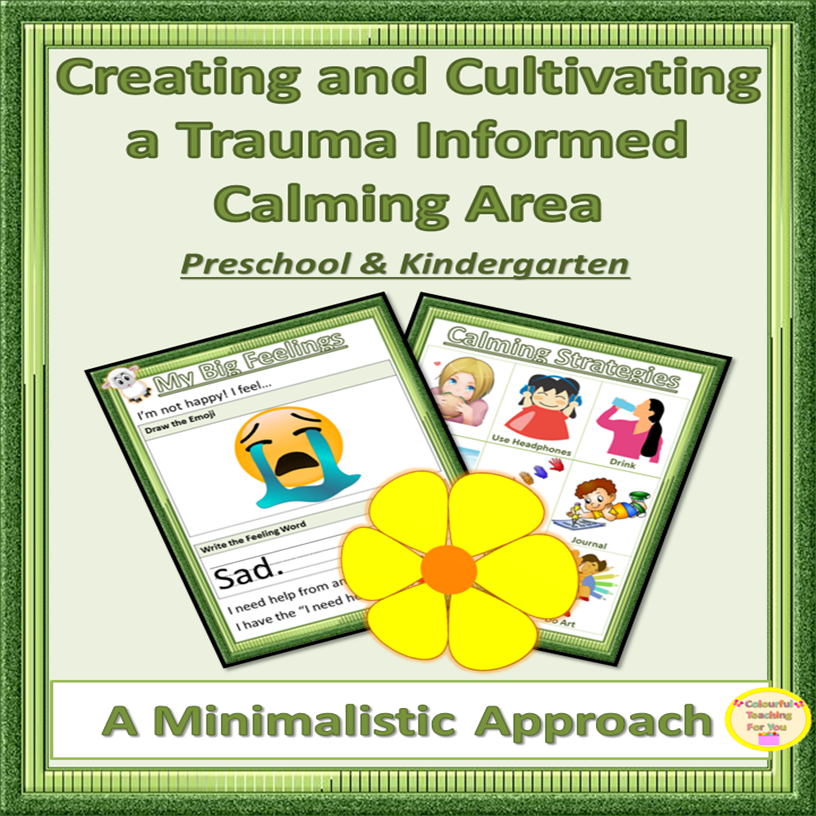Talking about appropriate and inappropriate language and touch with children can be uncomfortable. However, it’s important to start the discussion with children as young as when they start school. They may not understand everything at first, but in time, they will get it, and will be equipped when it’s necessary.
Most abuse isn’t stranger related, but it tends to happen by those who are closest to us. That’s why it’s important to start having these discussions when they’re young.
You don’t necessarily have to focus on the abusive aspect but teach them about how to keep themselves and their loved ones safe, how to speak up for themselves and each other, and how to listen to their gut feeling.
Arming children with this kind of knowledge is vital to their wellbeing. You can educate them about how to advocate for themselves and their loved ones by using the following four steps.
Actionable Steps:
#1. Education
Teach children about their body parts. Have them learn the correct names, along with which parts are private. Most students never talk about this at home, so bringing this up in school is important. Let them laugh at specific parts if they need to and get it out of their system. Then be open to letting them ask questions or share their opinions, because believe me, your students will have a lot to say.
#2. The Meaning of “No”
Teach your children that it’s okay to say “no.” So many children, especially young ones, have been taught to respect their elders and listen to them without asking questions. If they are told that something is appropriate, even if it isn’t, many children tend to blindly obey their elders because they don’t realize that they can say “no,” and when they say it, it means something.
Don’t just tell them to say “no,” but actually practice with them how to assertively say it and when it’s appropriate to use that word.
#3. Secrets
Remind your children that under no circumstances should one guardian or another trusted adult ask them to keep secrets from another guardian. If there’s inappropriate touching, viewing of images, foul language spoken, and so forth, it should never be a kept a secret. If a child feels uncomfortable for any reason, teach your children to voice their discomfort to the person who is bothering them and also to another trust adult. Let them know that it’s safe to keep talking until someone believes them.
#4. Reassurances
Remind your children that no matter what happens, if they have something to tell you, that you will be on their side and that they won’t get in trouble.
If your children are struggling to voice their thoughts, help them by using the following resources:
Let’s recap really quickly. Today, we looked at the following:
- The reasons why it’s important to teach children how to advocate for themselves if they’re being abused.
- Three ways to teach your children how to speak up about abuse: education, the meaning of “no,” secrets, and reassurances.
Free Resources:
If your children are struggling to hand in assignments on time, check out the following video training: 3 Steps to Teach Children How to Overcome Procrastination to Increase Productivity.
In the mean time, if you’re feeling stressed out, overwhelmed and burnout, then I encourage you to check out the following: FREE MASTERCLASS: Systematic Plan to Super Passionate.
Next Steps:
For calm down areas on a budget, for your students who have autism, CLICK HERE.
If you found this video beneficial, would you do me a favor? Share this with your family, your friends, your loved ones, your co-workers or someone who you think could benefit from this. Thank you!
I’ll see you next Friday at 5:30pm PST.
Until I see you next time, remember to create, experience & teach from the heart.
Take care,
Charlotte
Disclaimer: I’m a teacher and a parent. I’m not a medical professional, so please don’t take this as medical advice. The advice that I provide in my videos and online are strategies that I have used in my own class or at home that have worked beautifully. Make sure to adapt these strategies for your individual child. Thank you!







